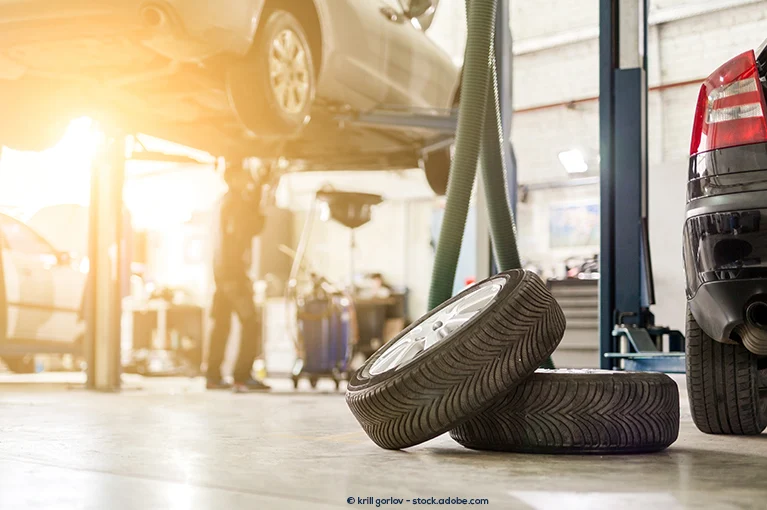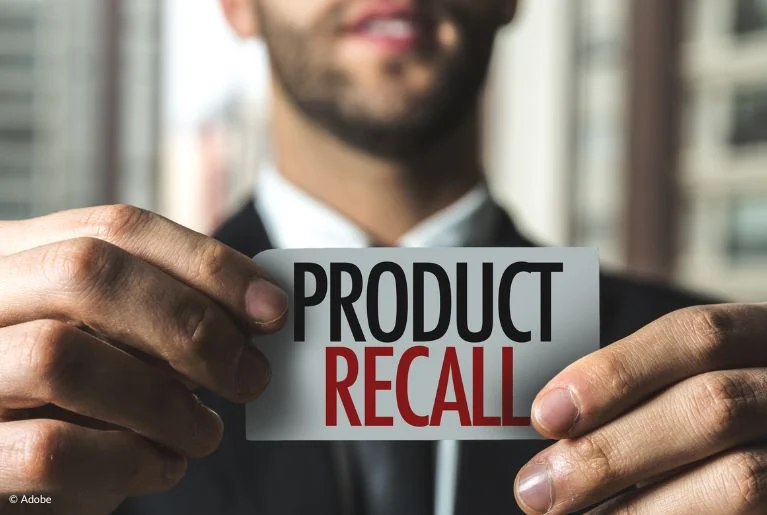You may have researched the California Lemon Law. In particular, you may have read what qualifies as a lemon and what lemon owners can get in compensation. Most sources are consistent in how they describe the California Lemon Law. However, some myths about the law persist among consumers.
Here, we aim to dispel a few common myths about the California Lemon Law, correct those myths and explain why these misconceptions exist.
1. Myth: Leased vehicles are not covered.
The California Lemon Law absolutely does apply to leased cars!
Under this law, those who leased their vehicles for more than four months can file lemon law claims.
As long as you leased it from a licensed dealership in California, you should be eligible for lemon law awards.
2. Myth: I have to still own the car to file a claim.
You can benefit from the California Lemon Law, even if you no longer have the car. You just have to have owned it at the time that it showed defects and file the claim within the statute of limitations. You should keep all documents about the vehicle and any repair attempts made. They will benefit you if you file a lemon law claim.
3. Myth: California Lemon Law always requires a minimum of two repair attempts.
This is not the case. While it is common for at least two repair attempts to be made before filing a claim, the text of the law itself does not provide a set number that is considered “a reasonable number of attempts.”
There are cases in which one repair is enough to file a claim. Under the Tanner Consumer Protection Act, your car can be presumed to be a lemon if it has been the repair shop for more than thirty cumulative days. You may also have fewer than two repair attempts, and it may still be considered reasonable in cases of “breach of implied warranty.”
4. Myth: Cars older than 18 months old or with more than 18,000 miles are not covered under California Lemon Law.
The claim that the first 18 months or 18,000 miles is the “coverage” period is probably the most common misunderstanding of the California Lemon Law.
The first 18 months or 18,000 miles is merely a presumptive period set by the Tanner Consumer Protection Act. If within that period, your vehicle is A) repaired at least twice for a recurring potentially fatal defect, B) repaired at least four times for a nonfatal recurring defect or C) the vehicle is in the repair shop for more than 30 days, your vehicle is presumed to be lemon. However, you would have had to file for arbitration and received an unfavorable outcome.
Ordinarily, it would be up to you (and your attorney) to prove that it is a lemon. If your vehicle fits one of these presumptions and you file a case, the burden of proof is shifted onto the manufacturer.
5. Myth: Your car has to be currently under express warranty to be covered.
Your vehicle must have been sold with an express warranty to be covered under the California Lemon Law. However, you can file a claim after the express warranty has expired, as long as repairs took place while the warranty was still valid.
You can also file a claim based on “breach of implied warranty” after your express warranty expires. However, it has to be for a defect known to occur in your particular vehicle model. However, if your vehicle was purchased “as-is,” your vehicle has neither express nor implied warranty, and you won’t be able to benefit from the California Lemon Law.
For more information, read our California Lemon Law Guide and Frequently Asked Questions. If you have more questions about your legal rights, fill out the form below or contact us at 877-217-7676 for a free consultation.
Lemon Law Help by Knight Law Group is an automotive lemon law firm that exclusively practices in California, with offices in Los Angeles, San Francisco, Sacramento and Orange County. If you are a California resident who purchased or leased a defective vehicle from a licensed dealership in California, we may be able to help you get rid of your potential lemon and recover significant cash compensation. Model year restrictions apply: 2020–Present vehicle models only.
However, we cannot help those who reside outside of California or purchased their vehicle outside of California unless they are active duty members of the Armed Forces, nor will we be able to refer them to a lemon law firm in their states.
To learn more about the California Lemon Law and your legal rights, visit our guide on the California Lemon Law for more information.








